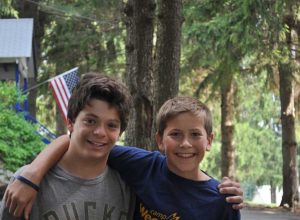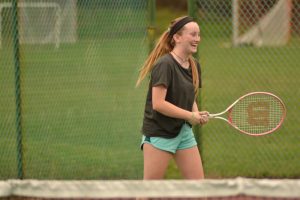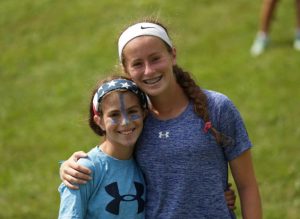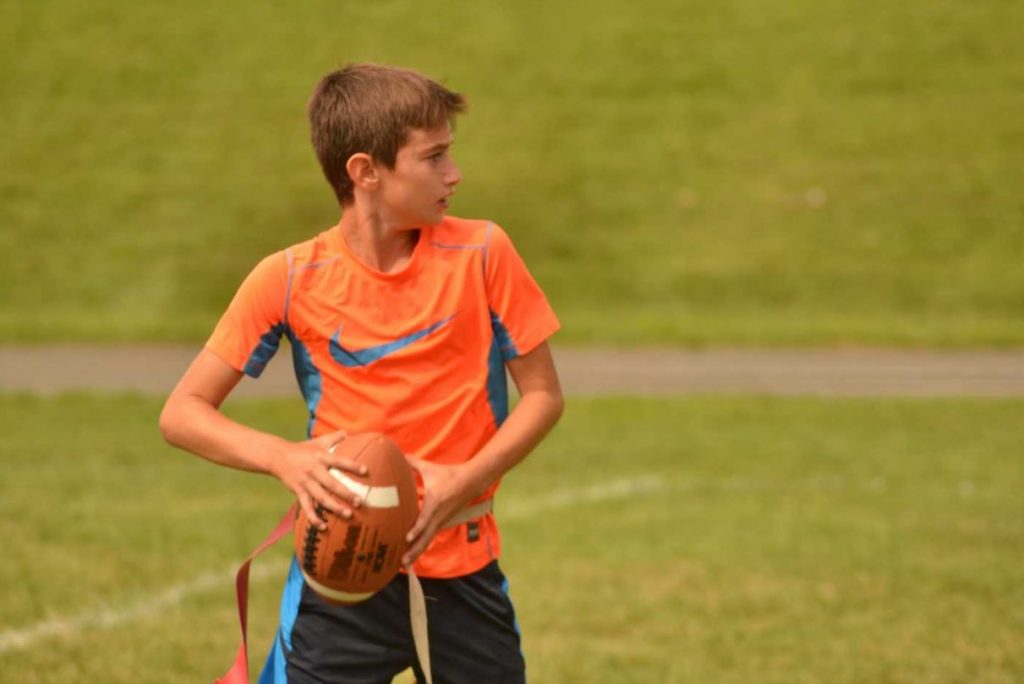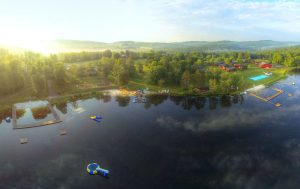 Chelsea takes the subway to school every morning. Justin spends his weekends hanging out downtown with his buddies. Evan can walk to movie theaters, restaurants, and museums from the apartment where he lives. These city kids spend most of their year surrounded by concrete, honking horns and tall buildings. And that is why they, like so many other kids from big cities, really look forward to coming to camp for a change in their environment.
Chelsea takes the subway to school every morning. Justin spends his weekends hanging out downtown with his buddies. Evan can walk to movie theaters, restaurants, and museums from the apartment where he lives. These city kids spend most of their year surrounded by concrete, honking horns and tall buildings. And that is why they, like so many other kids from big cities, really look forward to coming to camp for a change in their environment.
America’s Finest Summer Camps are located in some of the most beautiful surroundings in the country. Tucked away amongst tall trees, gorgeous lakes and on acres and acres of sprawling green fields, this camp is the definition of natural beauty. When you’re here, you can really connect with nature and breathe in the fresh mountain air.
The lakes are a cool and refreshing place to spend the summer, whether is it fishing, swimming, stand up paddleboarding, water skiing or sailing. The view of the lake changes throughout the day and gives off a different feeling depending on when you are there. In the morning, the lake is a quiet and peaceful place to wake up to. In the afternoons, it is an exciting, water playground where campers jump, splash and play all day. And then in the evenings, the lake is a quiet and peaceful place to reflect and unwind. City kids may not get to experience such natural beauty in their everyday lives, making the beauty of camp even more special for kids who don’t get to see it very often.
Waking up to a view of tall forest trees and the mountains is a nice change for kids who are used to the hustle and bustle of a big city. The natural beauty of camp makes for the perfect backdrop to pictures that campers are sure to treasure forever. Waking up each morning and breathing in the crisp mountain air is good for the heart, mind, and soul!
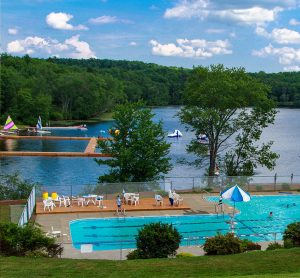 Being immersed in the beauty of the mountains is a welcome and unique experience for many campers. Spending the summer learning to appreciate the outdoors helps campers do the same when they return home. Instead of coming home from school and sitting in front of a computer screen or TV, campers head outside to enjoy nature just like they did at camp. They learn that they don’t need to be attached to phone, TV or computer to have a good time and that real relationships trump online relationships every time.
Being immersed in the beauty of the mountains is a welcome and unique experience for many campers. Spending the summer learning to appreciate the outdoors helps campers do the same when they return home. Instead of coming home from school and sitting in front of a computer screen or TV, campers head outside to enjoy nature just like they did at camp. They learn that they don’t need to be attached to phone, TV or computer to have a good time and that real relationships trump online relationships every time.
Being in the middle of the woods exposes campers, especially those who have grown up in big cities, to things they normally wouldn’t see and experience back home. They learn to find excitement and joy in nature, and it awakens something in them that the city just can’t.
Kids like Chelsea, Justin and Evan benefit greatly from a change of scenery and the chance to connect with nature. Spending time outside has been proven to improve vision, encourages social skills, reduce stress and give kids the vitamin D that they need. Who knew spending all day outside at camp is actually good for kids?!
Whether they grew up in the suburbs or in the middle of Times Square, kids love escaping to the mountains, and spending their summers on the lake, in the mountains and surrounded by nature.

 570-798-9831
570-798-9831
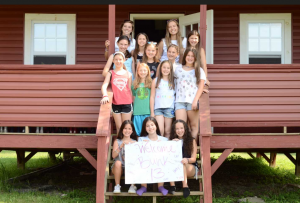 Fact: At camp, you are “go, go go.” From the moment you wake up, your schedule is packed with things to do. Some days you’re out at the lake all day, other days you are singing, dancing, acting, crafting and creating from the moment you open your eyes until you fall asleep. Your days are filled with fun and adventure, hanging out with new friends, eating delicious foods, trying new things and making life long memories. With days like these, it’s easy to understand why sometimes campers just need to rest. And as seriously as we take fun at camp, we are just as serious about rest. We know the importance of slowing down, taking a break and recharging, and all of our campers take part in “rest hour” each and every day.
Fact: At camp, you are “go, go go.” From the moment you wake up, your schedule is packed with things to do. Some days you’re out at the lake all day, other days you are singing, dancing, acting, crafting and creating from the moment you open your eyes until you fall asleep. Your days are filled with fun and adventure, hanging out with new friends, eating delicious foods, trying new things and making life long memories. With days like these, it’s easy to understand why sometimes campers just need to rest. And as seriously as we take fun at camp, we are just as serious about rest. We know the importance of slowing down, taking a break and recharging, and all of our campers take part in “rest hour” each and every day.